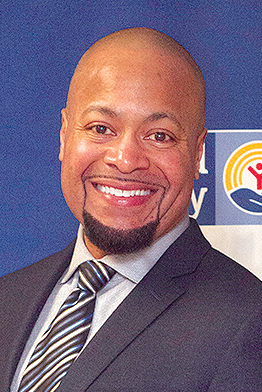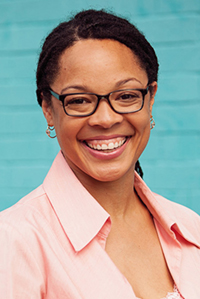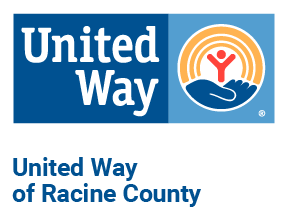
 Jul. 25, 2017—United Way’s fourth annual Community Conversations Report-Out Event, held on July 25 at Festival Hall in Racine, presented attendees’ concerns, aspirations, and solutions related to race, equity and inclusion in Racine County and offered ways to participate in increasing diversity and equity.
Jul. 25, 2017—United Way’s fourth annual Community Conversations Report-Out Event, held on July 25 at Festival Hall in Racine, presented attendees’ concerns, aspirations, and solutions related to race, equity and inclusion in Racine County and offered ways to participate in increasing diversity and equity.Community Conversations are kitchen-table style discussions between community members who identify local challenges, aspirations and goals. United Way engaged more than 100 participants in 10 discussions focused on race and equity in Racine County during the 2016-17 Community Conversations cycle.
Participants discussed the presence of racism in Racine County, which they felt was perpetuated through media stereotypes and misunderstandings. Furthermore, participants indicated that racially segregated neighborhoods, a lack of racially diverse leadership, and little dialogue about race hinder resolution of racial inequities.
Jul. 25, 2017—Data from United Way’s 2016 Community Indicators Report further illustrate racial inequities. For example, Black and Hispanic students in Racine County have lower graduation rates (63 and 68 percent, respectively,) than white students (83 percent). Poverty rates among Black and Hispanic residents of Racine County (at 33 percent and 32 percent) are four times the poverty rate for white residents (eight percent). Black babies are twice as likely to be born with a low birth weight (12 percent) than Hispanic and white babies (five percent).
“The numbers present a tough reality,” said Rodney Prunty, president of United Way of Racine County. “However, it’s important to illuminate these disparities so we can engage the community to address them. Our increased understanding of Racine County’s racial inequities will help us build the inclusive, equitable community we all want and need to be competitive, both now and into the future.”
Solutions included: continued public forums on racial inequality; educational opportunities to help individuals learn the challenges associated with racism and inequity; and opportunities to strengthen the community and create change with diverse groups of people. Attendees were encouraged to get involved with organizations such as Racine Interfaith Coalition, Visioning a Greater Racine, Higher Expectations for Racine County, United Way of Racine County, or others that focus on similar work.
Dr. Tiffany Jana, CEO and president of TMI Consulting, was the keynote speaker for the event. Using their diversity and inclusion expertise, Dr. Jana introduced the concept of unconscious bias, how to recognize it, and how to get past it. They stressed that understanding the role bias plays in race and equity helps create authentic relationships across differences. “By forging honest relationships across differences such as race and gender, we will ultimately break down social barriers in our individual lives and communities,” said Dr. Tiffany Jana. “It’s important to realize that even if you are not the problem, you are the solution.”

Website by: OneEach Technologies
Sitemap | Login